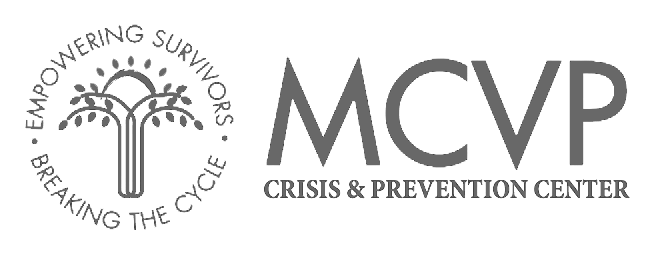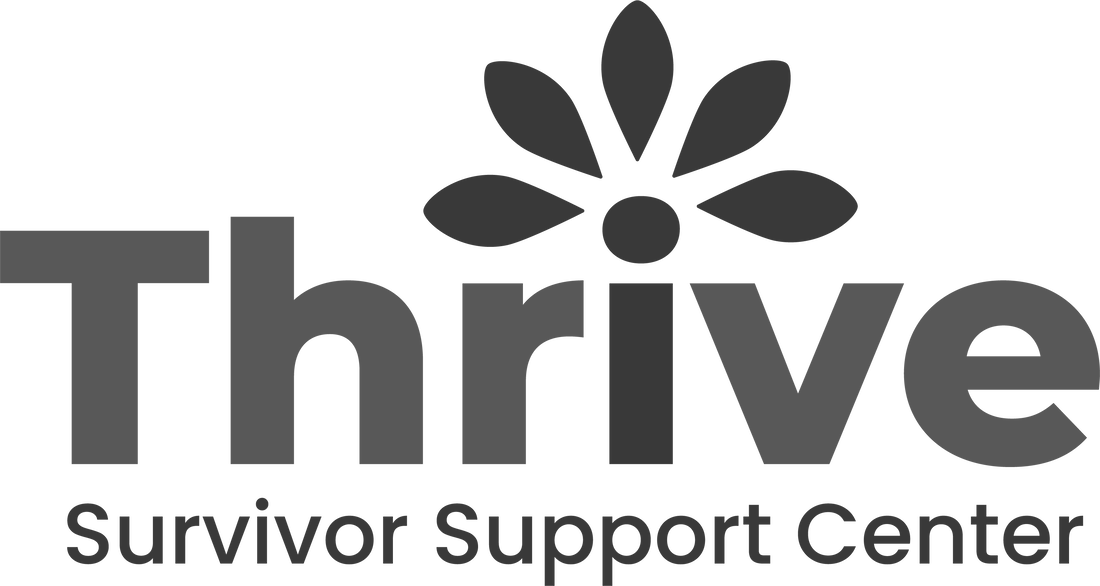GET HELP NOW
By acknowledging decades of child sexual abuse and publishing the names of known predators within their institution, the Diocese of Manchester is taking a step towards accountability. For accountability to truly be achieved and for victims and survivors to truly find healing, we must also eliminate the statutes of limitations on these crimes that prohibit survivors from seeking justice once they have decided they are ready to report the abuse they’ve experienced. We recognize that this update form the Manchester Diocese could be difficult to process and a reminder of the traumas that survivors have endured. To all survivors of these crimes, we are with you.
“The reality is that the average age that a survivor of child sexual abuse discloses their experience is 52-years-old. Disclosures of abuse do not fit into artificial timelines, and we believe that every survivor should have the right to seek justice no matter how much time has passed since the abuse occurred. It’s clear that laws in New Hampshire must be reformed in order to protect victims of sexual abuse and to hold their offenders accountable. Specifically, we must work to abolish the statute of limitations in sexual abuse cases, and we hope to have the support of the Diocese of Manchester in advocating for these necessary policy changes. We look forward to working with policymakers and stakeholders, including the Diocese of Manchester, to begin discussions around how to best bring forward these necessary reforms in New Hampshire. True accountability and healing cannot take place while statutes of limitations on sexual violence still exist.” – Amanda Grady Sexton, Director of Public Affairs, NHCADSV. We encourage the Diocese of Manchester to ensure that survivors are connected to their local domestic and sexual violence crisis center to receive confidential, trauma-informed support. We know that oftentimes survivors of clergy sexual abuse are not comfortable seeking support from the institution where they were victimized, and it is critical that they are connected to independent victim advocacy organizations. Crisis center advocates are available 24/7 across NH to provide free and confidential support to anyone impacted by domestic or sexual violence – you do not need to be in crisis to call. To speak with a confidential advocate in your community, please call the statewide sexual assault hotline at 1-800-277-5570 or find the crisis center nearest you at https://www.nhcadsv.org/member-programs.html. The New Hampshire Coalition Against Domestic and Sexual Violence is a statewide network of 13 independent member programs committed to ending sexual violence, domestic violence, and stalking, through direct services to victims, community education, and public policy advocacy. The NHCADSV and its 13 member programs do not discriminate based on gender, age, health status (including HIV-positive), physical, mental, or emotional ability, sexual orientation, gender identity/expression, socio-economic status, race, national origin, immigration status, or religious or political affiliation. For more information visit www.nhcadsv.org.
The shocking news of 82 indictments against two former guards at the Youth Development Center, now known as the Sununu Youth Detention Center, is a reminder that we must be vigilant in our efforts to ensure that those in positions of authority to do not abuse their power and cause devastating harm to the children entrusted in their care. We stand with these young victims and their families, and would like to remind all Granite Staters they’re not alone. When violence and abuse happen in our communities, we are all impacted.
We know that most children ordered to youth detentions centers have experienced trauma in their childhood, and that the more trauma a child experiences, the more vulnerable they become to future victimization. Perpetrators often target victims who have already been groomed by abusers, or who they think are unlikely to be believed if they disclose the abuse. When even one brave survivor comes forward to report abuse, it can give other victims the courage to break their silence. It is critical that people know that assistance and support is always available. “The children entrusted in the care of the Sununu Youth Services Center are among the most vulnerable populations in the State of New Hampshire, and we are deeply disturbed by these indictments. We stand with the brave survivors and their families, and we look forward to working with policymakers to ensure that children who are in the care of the State of New Hampshire are safe and free from abuse, and that true systemic change is brought about to ensure the well-being and protection of children are prioritized. Intervening and holding offenders and institutions accountable is paramount in our fight to end child abuse and sexual violence.” – Amanda Grady Sexton Director of Public Affairs, NHCADSV. Crisis center advocates are available across NH to provide free and confidential support to anyone impacted by domestic and sexual violence. Crisis center services are available to anyone who has experienced or witnessed abuse, or who is looking to find ways to support someone who has. Crisis centers can provide individual support; support groups; assistance in reporting abuse; help navigating the legal system; court and hospital accompaniment; housing assistance; and referrals for local services including mental health and substance abuse treatment. It is important to remember you do not need to be in crisis, nor do you need to be a victim, to access crisis center services. To speak with an advocate, please call the statewide domestic violence hotline at 1-866-644-3574 or the statewide sexual assault hotline at 1-800-277-5570 or find the crisis center nearest you at https://www.nhcadsv.org/member-programs.html. Any person with information regarding criminal conduct at the YDC/Sununu Center is also urged to contact Investigator James Kinney at the Attorney General’s Office at (603) 271-1258 or email: [email protected]. The New Hampshire Coalition Against Domestic and Sexual Violence is a statewide network of 13 independent member programs committed to ending sexual violence, domestic violence, and stalking, through direct services to victims, community education, and public policy advocacy. The NHCADSV and its 13 member programs do not discriminate based on gender, age, health status (including HIV-positive), physical, mental, or emotional ability, sexual orientation, gender identity/expression, socio-economic status, race, national origin, immigration status, or religious or political affiliation. For more information visit www.nhcadsv.org.
In light of the recent tragedy in Manchester, we extend our deepest condolences to the victim’s family and stand with the greater community as we all process this devastating loss to senseless violence.
Abusers demonstrate a pattern of violence that often escalates over time. Whether escalation is gradual or sudden, abusers will test boundaries and cross new lines in an attempt tighten their grip of power and control over the victim. Failure to take domestic violence seriously, and respond swiftly when red flags are raised, emboldens perpetrators to continue the abuse – or even take it to new heights of dangerousness. When someone violates a protective order, defies conditions of a sentence, or continues to perpetrate domestic violence even after engaging with the criminal justice system, they’ve demonstrated a clear disregard for consequences - which is a textbook indicator of lethality. The most dangerous time for a victim of domestic violence is when they decide to leave the abuser. Therefore, when victims report a crime or seek a relief in a protective order, we must do all we can to keep them safe. Domestic violence offenders pose a lethal threat to the victim and to our community. They must be held accountable to ensure that tragedies, like this one, do not happen. Far too often, headlines will feature batterers with an extensive history of domestic violence entering the system only to be released to reoffend time and time again, with little to no accountability. This leaves victims without protection and with little faith in the system that they trusted to uphold justice. Acts such of strangulation and the violation of a protective order are leading indicators of a potential homicide. Domestic violence cannot be overlooked, minimized, or ignored – the consequences are far too great. We must ensure that those working in systems that victims interact with are fully aware of patterns of escalation in domestic violence and a have a complete understanding of the threat that abusers pose to victims and their children. “Batterers who are capable of committing the ultimate act of domestic violence often demonstrate a documented pattern of abuse and early intervention in these cases is critical. We have the ability to end domestic violence homicides in NH, but we must first believe survivors, prioritize services, and hold offenders accountable.” – Amanda Grady Sexton, Director of Public Affairs, NHCADSV. To our fellow Granite Staters: you are not alone in responding to this heinous crime and heartbreaking loss. Confidential advocates are available across the state an NH’s 13 crisis centers. To speak with an advocate in your community, please call the statewide hotline at 1-866-644-3574. The New Hampshire Coalition Against Domestic and Sexual Violence is a statewide network of 13 independent member programs committed to ending sexual violence, domestic violence, and stalking, through direct services to victims, community education, and public policy advocacy. The NHCADSV and its 13 member programs do not discriminate based on gender, age, health status (including HIV-positive), physical, mental, or emotional ability, sexual orientation, gender identity/expression, socio-economic status, race, national origin, immigration status, or religious or political affiliation. For more information visit www.nhcadsv.org. |
recent newsArchives
June 2024
|
Our Supporting Partners
The 12 member programs of the New Hampshire Coalition Against Domestic and Sexual Violence provide services regardless of gender,age, health status (including HIV-positive), physical, mental or emotional ability, sexual orientation, gender identity/expression, socio-economic status, race, national origin, immigration status or religious or political affiliation.
Funding for this website was provided by The Corporate Fund.
New Hampshire Coalition Against Domestic and Sexual Violence
PO Box 353, Concord, NH 03302-0353
(603) 224-8893
New Hampshire Coalition Against Domestic and Sexual Violence
PO Box 353, Concord, NH 03302-0353
(603) 224-8893
NH web design by Harbour Light Strategic Marketing

 RSS Feed
RSS Feed












